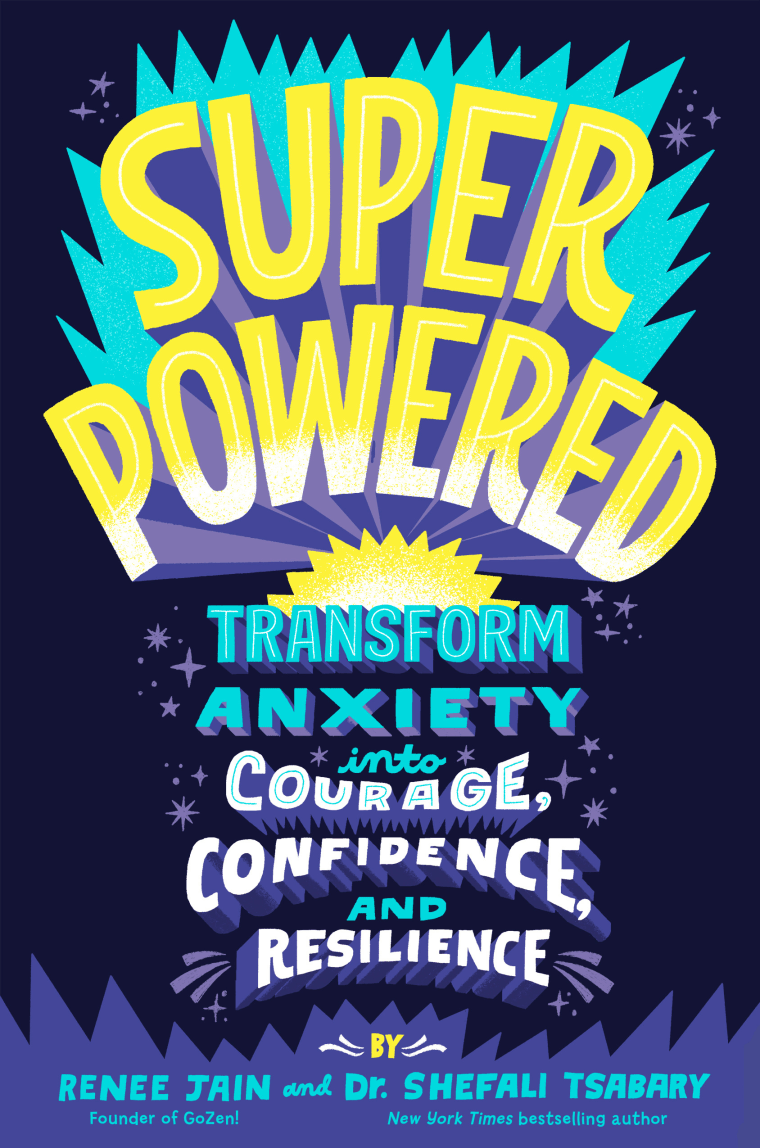This year seems designed to keep us off balance, under pressure, and stressed out. And that’s just us adults. Think about how our kids must feel?! Childhood was already a thick stew of emotional challenges. Enter 2020, throwing horrible new ingredients into the pot: school closures, mask-wearing, social injustice and general uncertainty.
Our youth are being served up a heavy dose of confusion and fear. Yet, it’s still hard to understand exactly what our kids are feeling in the moment. They don’t always communicate their emotions in clear or accurate ways.
Kids’ behaviors and words can tell us a lot, though. Here are a few surprising things that kids say and do that might actually mean they’re experiencing anxiety.
'My stomach hurts.'
Be careful. Sometimes a stomach ache is just a stomach ache, and might require a trip to the doctor. However, it may also be the result of anxiety. When you’re anxious, your body can go into fight or flight mode, and as your body prepares itself for battle, it shuts down unnecessary functions such as digestion. This can cause discomfort, gas, irregularity or even vomiting. Look for patterns in your child’s discomfort. Do they frequently feel unwell before tests? Before performances? Or during times of great change and uncertainty? It may be anxiety talking.

One of the best medicines for an anxious stomach is a slow, deep breath. Breathe in for four seconds, hold for seven seconds, breathe out for eight seconds. Four-seven-eight breathing will calm a racing heart, send oxygen to the brain and ease the fight or flight response.
Avoidance
It’s easy to think that avoidant kids or teens are unmotivated. But often, avoidance is a coping mechanism that allows us to not face our fears. When something makes us uncomfortable (like struggling with homework), or when we’re afraid of failing (like when we try out for a team) and we allow ourselves to avoid that uncomfortable thing, there’s a short-term benefit that feels good.
However, avoidance eventually reinforces the anxiety, and next time we’re faced with the challenge, we feel even worse.
It’s helpful to break the larger, intimidating task into many small mini-tasks. How small? So small that it’s hard to feel anxious about them. Goal one: open my backpack. Goal two: take out my math book. Goal three: open my math book. There we go — three goals accomplished!
'What if…?'
“What if I touch my face?” “What if school is canceled again?” “What if my mom and dad get sick?”
Strings of ‘what if’ questions can be a sign that your child or teen’s mind is in overdrive, sorting through every possible turn the future may take. It’s called prospection, and it’s a survival mechanism that helps us feel prepared for any outcome. Some prospection is healthy, but when kids struggle to see what’s happening in the present and spend all their time worrying about a future that may or may not happen, it’s a clear sign that anxiety is in the driver’s seat.
Help your child or teen come back to the present by asking different questions. Instead of “what if,” ask “what is?” What are you feeling right now? What are you seeing right now? Or, have them make a plan by answering their own “what if” questions and writing their answers down in the form of if/then statements.
“If school is canceled again, I will see my friends online.” “If my mom or dad gets sick, they will get help from a doctor.”
Anger
Hitting. Screaming. Tantrums. When our child or teen exhibits any one of these behaviors, it’s hard to look at them with compassion. Instead, we feel our own anger rise up to meet theirs. But, challenging their anger with our anger usually results in, well, more anger.
Anger is a secondary emotion. Instead of combatting the anger, combat the source: It’s likely worry or anxiety. Investigate what’s happening that makes them uncomfortable. What are they protecting? Give your angry child your full attention. Remind them that you are there to help them work through any struggles they’re facing. Ask them questions like, “What is it that feels threatening to you?” or “what’s the hardest part about what you’re feeling?” The answers will lead you to the root of their outbursts.
It would be great if kids had the skills to describe to us exactly what they’re feeling during challenging times, but until they develop the skills of emotional intelligence, parents are often required to play the role of detective. Use these clues to help you talk to your child about their feelings, and this will help them understand their own emotions that much faster, too.
Renee Jain and Dr. Shefali are the authors of SUPERPOWERED: Transform Anxiety into Courage, Confidence, and Resilience.
